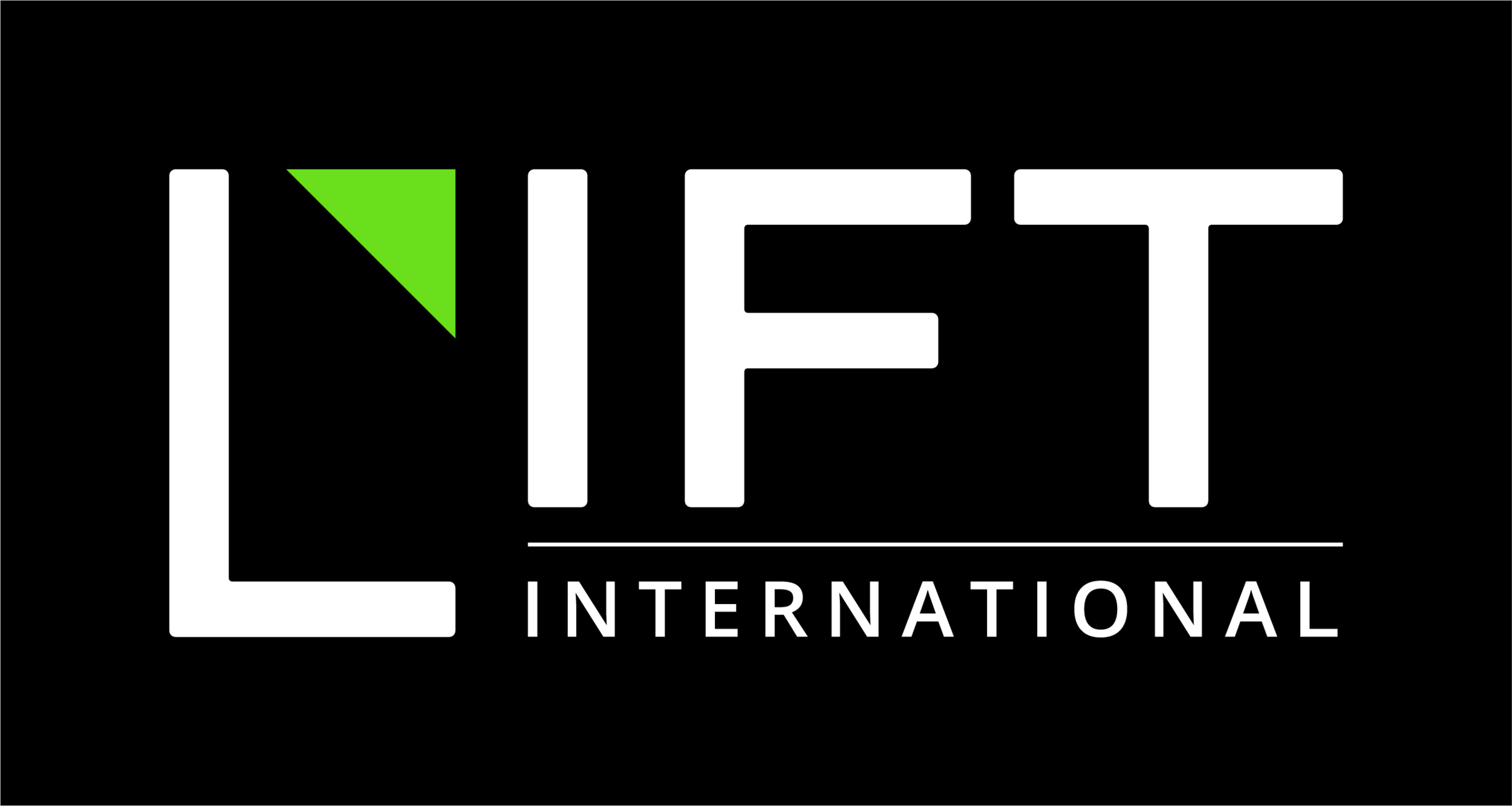A Victim-Centered Approach
LIFT Team
On July 19, LIFT hosted a conference for social workers in Northern Thailand to gather and discuss a victim-centered approach to care. This Thai-language event brought together 45 practitioners and community leaders as participants and facilitators from 23 organizations.
In the first session, Ms. Wassana Kaonoparat spoke from her 30 years of experience working on behalf of victims of trafficking and her current role as director of CPCR. She has seen some victims of trafficking go on to be traffickers — she reiterated that the healing process is crucial to not only serve victims but also to prevent further trafficking from happening.
Wasana Kaonoparat of CPCR and LIFT CEO Justin Boswell
Police Colonel Lieutenant Jareewan Puttanurak from Chiang Mai Police Department opened a dialogue between nonprofits and law enforcment by reviewing laws and procedures that guide the justice process. She explained how crucial cooperation is between law enforcement and care providers. She also shared tough stories from the field — about how when she encountered one victim, she simply asked the officer for a hug and then proceeded to share her story after that brief touch that made her feel cared for.
A panel made up of Boom Mosby from Hug Project and leaders from A21, Night Light Foundation and Stella Maris all shared from their varied experience working with victims of human trafficking and exploitation. Hug Project works with child victims of exploitation, specifically focusing on identifying those trafficked online. Boom, the winner of the U.S. State Department’s TIP Hero Award in 2017, encouraged the social workers present to also be collectors of data and utilize technology to enhance their work with clients. Social workers are on the front lines, messaging clients and visiting them regularly. As technology becomes an increasingly important part of cases, it’s helpful for social workers to be equipped to know what kinds of evidence will help their clients. As many of you know, A21 is a global organization that serves victims of human trafficking and encourages people around the world to mobilize against exploitation. Night Light works with both foreign and Thai women trafficked for sex. Stella Maris works with people trafficked to work in the fishing industry in and around Thailand.
This conference was so important because, as we said above, social workers are on the front lines of identifying and supporting victims of exploitation. Building capacity and supporting them helps to elevate standards of care for victims. We were so encouraged to hear from these practitioners all tackling different areas of problem of human trafficking. Even though we have different expertise, we all are working towards the same goal of freedom through justice. It will take all of us and even future professionals entering the field to work together to provide care and facilitate healing for victims that allows them to become survivors.
23 organizations represented



